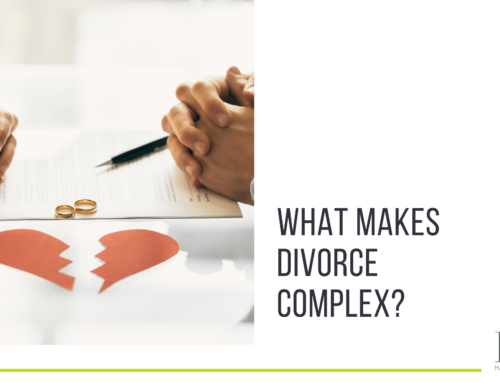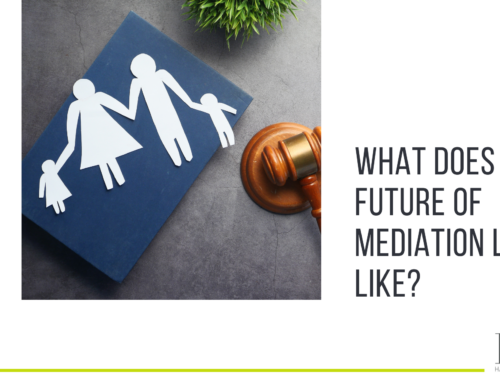Once an agreement is reached this should be put into a formal document to ensure that the terms of the agreement are clear, fully understood by both of you, and will protect each of you from possible further claims in the future.
If there is a divorce or other financial proceedings, the agreement can be approved by the court and an order made in the terms of the agreement. If there are no proceedings a document called a Separation Agreement can be prepared.
You must have expert legal advice on any financial agreement you reach to ensure that:
- The terms are fair and appropriate to your circumstances. Even if you are content with the proposed terms, the agreement is reached at a time when you are emotionally vulnerable and we can look at the situation more objectively and consider how fair it is and any potential pitfalls. You only get once chance to reach a financial settlement, so if you get it wrong and agree something which is unfair to you, this can cost you a lot of money and stress in the future. Investing in our expert advice can save you money, time and heartache.
- The terms of the proposed agreement can be enforced if the other person doesn’t do what they agreed to do.
- The agreement closes off all future potential financial claims against you as far as possible. This is important because you don’t want to find that in 10 or 20 years’ time, your ex tries to claim against your property, assets or income.
It is preferable for both of you to have representation from separate solicitors when the agreement is being drawn up. You both need to be sure you understand the effect of the terms and that the agreement works for both of you. If one person later feels that they have been treated unfairly or taken advantage of it can lead to resentment.
Financial information should be exchanged by both of you. The reasons for this are:
- Even if you think that you are both clear about your financial circumstances we find that many of our clients do not appreciate the true value of certain assets or their spouse’s income. For example, there are different ways to value businesses and pensions, and very often we discover when we look at the values given, these are a lot lower than their true value. Basing a financial settlement on incorrect values means that you could get less than you are entitled to and cost you money. There can also be things that are overlooked which we can pick up on – such as an unused joint account, a debt in joint names, an old pension fund which has been forgotten. These all need to be included to avoid issues later.
- There may be problems with implementing the terms of the agreement because of issues you were not aware could be a problem, such as restrictions on being able to share a pension fund or other ways you can be left vulnerable. We can check this for you.
- In some cases one person can be pretending to be in a worse financial position than they really are. By going through the financial disclosure we can check whether someone is telling the truth about their financial position. Since you only get once chance to agree a financial settlement, it is vital you know what assets are in the pot to be divided and how much they are truly worth otherwise this could cost you a lot of money.
It is essential, even in cases which seem to be straightforward, to take expert legal advice. Investing in getting good legal advice will ensure that you are moving forward into your future secure in the knowledge that your financial arrangements have been resolved fairly and in the best way possible for you. This will save you far more expense in the longer term by getting you a fair deal and may avoid several years of worry.
You can trust Harrogate Family Law to help you. We will be thorough to ensure that you can move forward with confidence that your financial arrangements are the best they can be.
If you need help with your divorce contact us on 01423 594680.
Andrew Meehan is an experienced family lawyer specialising in complex divorces involving significant or hidden assets, as well as cases involving children.
He is recommended for family law by both Chambers 2019 (York, Hull and surrounding regions) and the Legal 500 2018 (Leeds/West Yorkshire and North Yorkshire region).
Everyone’s circumstances are different and this article is provided by way of general information only and must not be replied upon. If you require legal advice on a family law issue, please feel free to contact us by emailing enquiries@harrogatefamilylaw.co.uk.






